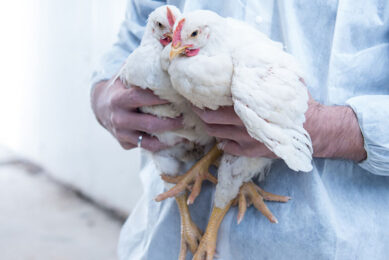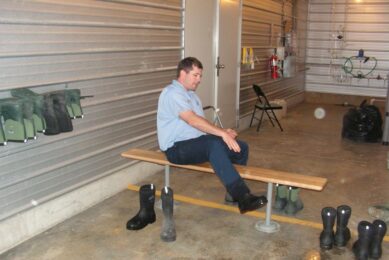US: Training on poultry handling
A “Train the Trainer” workshop of the Poultry Handling and Transportation Quality Assurance Program (PHTQA) will be held on March 15/16, following the Midwest Poultry Federation Convention in St. Paul, MN, USA. It is designed to help facilitate the training of poultry catch crews.
While many companies have excellent in-house training on animal welfare and poultry quality assurance, there is a need – and the desire among many poultry companies – for third-party certification and verification. Some companies use contract employees for catch crews and transportation. There are occasionally language barriers that make training more challenging.
Employees who take the training are hopefully better equipped to undergo third party audits as required by many customers and suppliers.
Safe and humane handling of birds
PHTQA offers one-day training sessions to transportation and catch crews on biosecurity, disease recognition, emergency planning, and the safe and humane handling of birds. PHTQA covers most segments of the poultry industry, including: day-old poultry, pullets, spent fowl, broilers, layers and turkeys.
The PHTQA manual was developed by a team of poultry specialists drawn from academics, industry and USDA, and it incorporates best practices for each of the training areas covered. The program is partially funded under the umbrella of the Avian Influenza Coordinated Agricultural Project (AICAP), which is supported by the USDA-NIFA AFRI Animal Biosecurity Competitive Program to the University of Maryland and The Pennsylvania State University.
Program materials, including a detailed training manual, will be made available in both English and Spanish. Participants who successfully complete the two day training program and tests will be able to conduct PHTQA certification trainings independently.
Related websites:
Poultry Handling and Transportation Quality Assurance (PHTQA)
Midwest Poultry Federation













